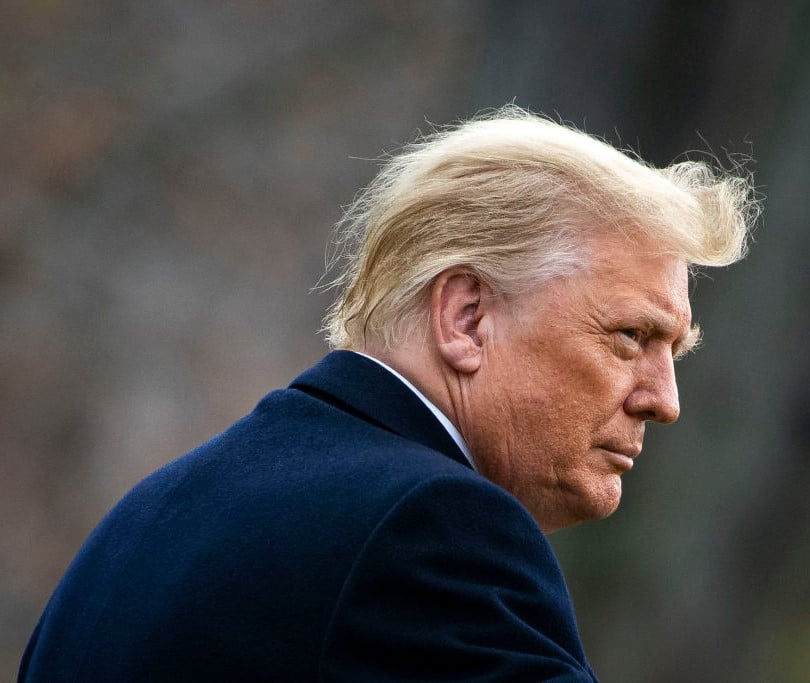
By BY ANCHAL VOHRA — foreignpolicy.com —New information suggests that the thousands of tons of ammonium nitrate that exploded at the Port of Beirut on Aug. 4, killing more than 200 people and doing some $15 billion in property damage, may have been intended for the Syrian government. The Lebanese government’s official story until now has been that the cargo’s destination was Mozambique. But an investigation by a Lebanese filmmaker that was aired on the local network Al Jadeed has established a link between three Syrian businessmen who backed Bashar al-Assad in the Syrian war and what appears to be a shell company that bought the explosives. Attention now turns to whether Fadi Sawan, a former military judge charged with investigating the tragedy, can leverage these new facts to hold the perpetrators—both foreign and domestic—accountable. But Lebanon’s government elites are also ramping up their own attacks on his reputation and his work. Foreign Policy reported in August that the Rustavi Azot chemicals factory in Georgia that supplied the explosives had been paid for 2,750 tons of explosives, yet Fábrica de Explosivos Moçambique (FEM), the company that ostensibly had it shipped, never claimed it. Now, a copy of a document obtained by Foreign Policy shows that while Rustavi Azot was the seller, the buyer was not FEM directly but a firm registered in London called Savaro. The sale contract shows the date of the purchase as July 10, 2013, when the Syrian war was at its peak. MV Rhosus, the ship that carried the cargo, docked in Lebanon that November and was then impounded as unseaworthy.
The United Kingdom’s Companies House registrar reveals that Savaro’s addresses are shared by properties previously owned or operated by the Syrian businessman George Haswani and brothers Mudalal and Imad Khuri, all three of whom are dual Syrian-Russian nationals. The man believed to own the ship, Igor Grechushkin, is Russian, too. Haswani received a doctorate in 1979 in the then-Soviet Union and is among the more seasoned intermediaries between Russia and the Syrian regime. Widely known as Moscow’s man in Damascus, he has a history of brokering deals with jihadi outfits as well as regime-backed shabiha, or militias. A Syrian businessman from Yabroud, Haswani’s birthplace, spoke to FP on the condition of anonymity and said: “Haswani is known to resolve disputes between locals and shabiha. But he also knew ISIS and [the Nusra Front].” Haswani is known to have negotiated the release in 2014 of a group of Greek Orthodox nuns who had been seized by the Nusra Front, an al Qaeda affiliate that has since been folded into the active Hayat Tahrir al-Sham. In 2015, Haswani was sanctioned by the United States for allegedly buying oil for the regime from the Islamic State, which controlled oil-rich parts of Syria at the time. Haswani also co-owned the now liquidated Hesco Engineering and Construction Co., which was listed under the same address as Savaro. That address matches the one written on the sale contract seen by Foreign Policy.





/cloudfront-us-east-1.images.arcpublishing.com/mco/5DL4OJ3VLZDYNNTRIK4TTUYP6A.jpg)





